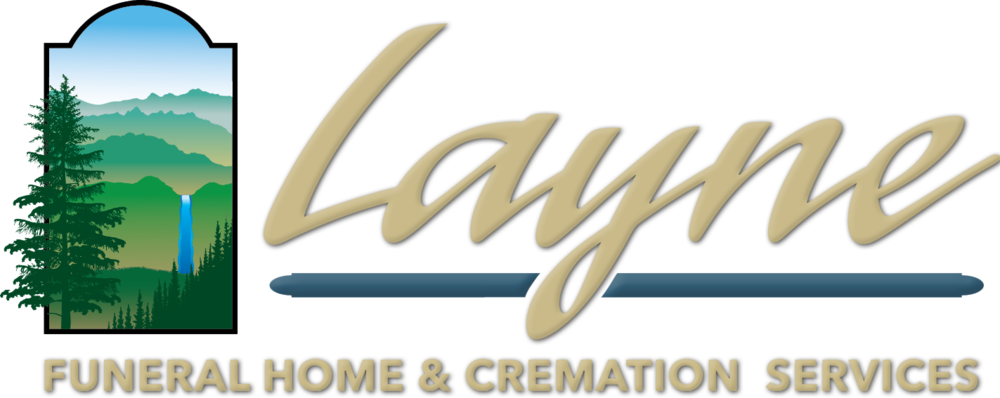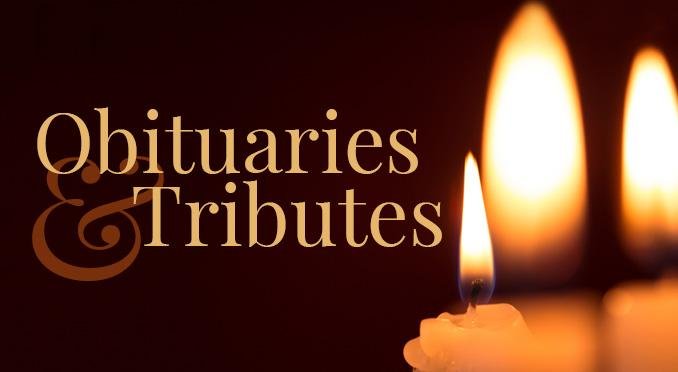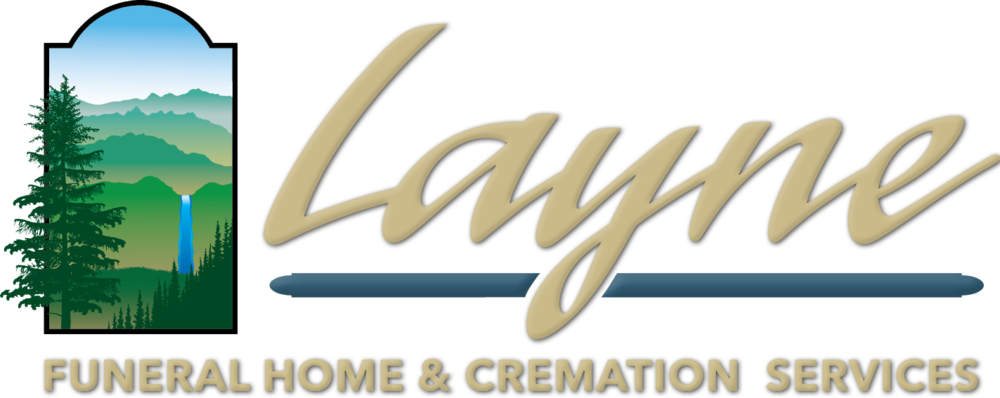
Grief in the Workplace
By Dr Bill Webster
It became obvious in January that Ken was losing his four year battle with cancer. Connie, his wife of over thirty years, took her vacation month from work, and then an additional five week leave of absence to be with him every agonizing day in the hospital. On March 17th, Ken died.
At the request of her employers, Connie returned to work on March 30th. With her Irish determination and “stiff upper lip” approach, she shut down her feelings, masking the pain of a broken heart. Customers and fellow workers alike thought she was strong and “doing fine”.
In fact, she was not fine. Five months later, Connie experienced an emotional explosion. The grief she had bottled up inside her emerged with a rush. She was totally overwhelmed, not only by the intense, uncontrollable feeling of loss, but also by the “shame” of “losing it”.
Depression, fear, confusion, crying and despair swept over her in waves. Connie was unable to handle customers without falling apart. People were shocked, especially “after so long” when it had appeared she was doing so well. Her employers, though caring about Connie, faced a dilemma — not really understanding what was actually going on with her, yet having to concern themselves about the effects the situation was having on her productivity, her co-workers, and her customers.
This is grief at work. It is important to draw attention to the effect on people in the work place of grief through death, divorce or numerous other life changes. Bereavement can be a devastating experience. The grieving person faces an emotionally rocky journey. While it is often affirmed that grief is normal., it is nonetheless troublesome, and often leaves people like Connie unable to function at work within acceptable limits. Long after the funeral is over, the impact of loss can hit home. Months after people think we have it together, the grieving person may feel like they are falling apart.After a loss, our equilibrium, health and well-being can be severely compromised. This affects us in every area of life, not least of which is in our work.
We have not recognized the enormous effect grief has on the workplace. Not only does it affect those who experience bereavement, there are many struggling to cope with and grieving over OTHER significant losses — divorce and separation; relocation; job changes; injury; being passed over for promotion; being laid off; early retirement; and unemployment.At any given time, a significant section of the work force may be coping with a major personal loss.
Much as we would like to subscribe to the concept of a compassionate society, the real world can be cruel. The expectations of the workplace are that the employee will perform and produce, devoid of human emotions and unaffected by personal experiences. In some work environments, the expression of personal feelings is taboo, often interpreted as weakness.Yet, if bereavement produces a necessary emotional response, a conflict between the needs of the individual and the goals of the workplace seems inevitable.
Most companies recognize death as an acceptable cause for absence from work.Many give three days off to help employees cope with the loss of a loved one, although there is often a hierarchy of loss, with three days for the loss of a spouse, child or parent, ranging down to one day for other relatives.Sometimes there will be an informal policy regarding the death of a co-worker or a “friend” (a term we cannot assume we understand in today’s society without some knowledge of the actual relationship). Most companies respond to a death with meaningful gestures such as sending flowers or memorials, and are supportive around the time of the death.
An understanding of the grief process indicates people are generally in a state of shock and numbness in the days after a loss. Confusing numbness with strength, some people feel support can be withdrawn shortly after the event.We expect or hope people will just “get on with it”. Yet, most manifestations of grief do not appear until weeks or months after the event. Because there is not much understanding of this process, this reaction catches both the individual and the employer by surprise.
Over time, the bereaved employee may experience some of the following symptoms: inability to concentrate; lack of motivation; impaired decision-making; confusion; memory gaps; anxiety; crying; social withdrawal; apathy; decreasing productivity; and other seemingly in appropriate emotional responses. These are all the more bewildering because they are uncharacteristic of the person. As a result of these normal but dysfunctional responses, such employees often have a high absentee, sickness, alcohol and drug use and accident rate in the months after a significant loss.
Because of the effect a troubled employee has on productivity, which is after all the bottom line in business, many companies have responded with employee assistance programs (EAP). Such programs address many issues, such as substance abuse, marital and emotional problems, and play a significant part in helping an employee cope with a personal loss. Unfortunately, often only larger companies are able to offer such help, yet these resources are needed by all. Where there is no programe available through an EAP, arrangements could be made by businesses or other referring agencies to connect people with an ongoing grief support program through a local funeral home.
Every manager or executive will eventually be confronted with a death in the workplace. There is a need to provide them with information enabling them to understand the grief process and so understand the grieving employee. Such understanding will enable the workplace to become more accommodating to the needs of their people. Three days of funeral leave only begins to address the grieving individual’s needs. Healing takes time, often much longer than people expect. The full impact of grief is felt long after the funeral.
Most people do not have the opportunity or the financial luxury of taking an extended leave of absence. Usually they must keep on working while they are putting their lives together. Finding energy to do both can be a challenge. Managers and knowledgeable co-workers can do much to support grieving people through this stressful time, and thus dramatically reduce non-productive behaviors. The ability to identify employees experiencing grief and loss and refer them to the appropriate resources can be vital to the well-being of the work climate as well as to the individual. Grief is not a mental illness nor aberrant behavior, though it is sometimes treated as such. Loss is a fact of life. Grief is the reaction to that loss, and must be worked through by the individual in order to heal.
Some ideas for the business manager: organize lunch time seminars for interested staff and employees; access community support groups often available through local funeral homes; offer bereavement counseling resources; and offer training workshops for staff on understanding grief and support for grieving employees.
Connie attended a grief support group for some time, and came to me for grief counseling. It was a long journey, and she had a struggle to come to terms with her loss, but with help, she was eventually able to return to work. But as she herself put it, “I had to take time to be a mess!” The opportunity to do so gave her the message that she was important to her company and to her friends, and that people were willing to support her through the most challenging experiences of her life.
151 Argo Road | Spencer, Tennessee | 38585
Phone: (931) 946-4444 | Fax: (931) 946-4440 | Email: laynefh@gmail.com





